In our daily lives, we deal with the natural environment at home, schools, parks and all public places. As people, starting from young age we interact with the environment. Thus, from young age it is important that little things such as taking care of our local environment is an essential learning criteria. The interactive and curriculum based learning resource provides students with fundamental skills to facilitate their application in everyday situations even beyond school to create a better environment.
Via Andrew Seong Min Park



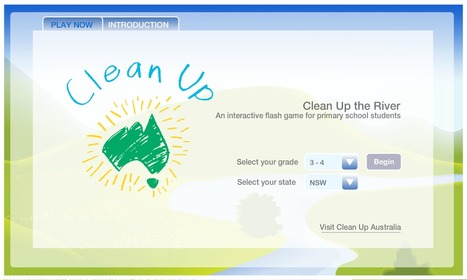


 Your new post is loading...
Your new post is loading...
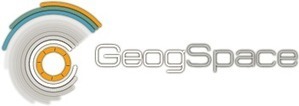
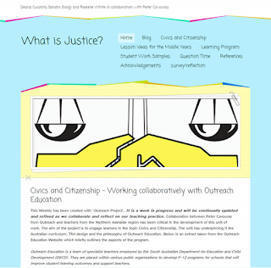
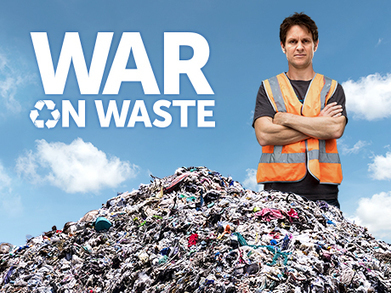
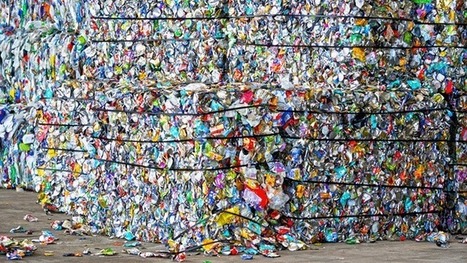
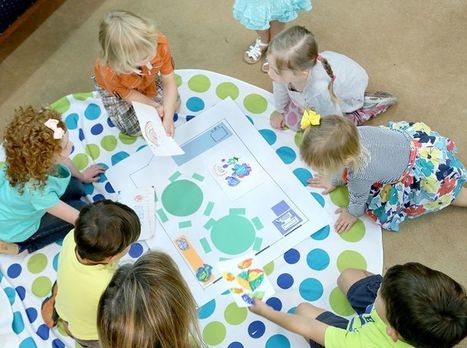
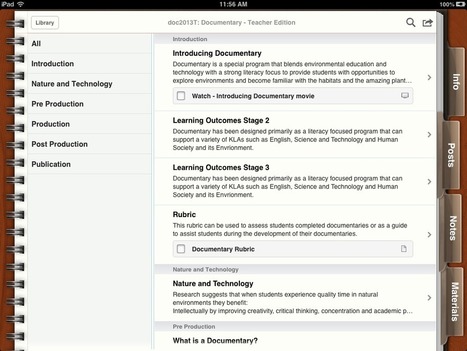
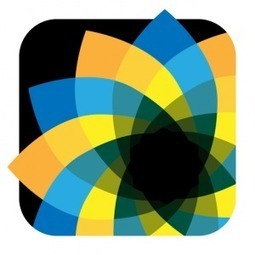


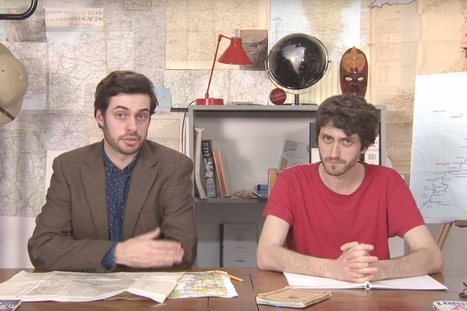


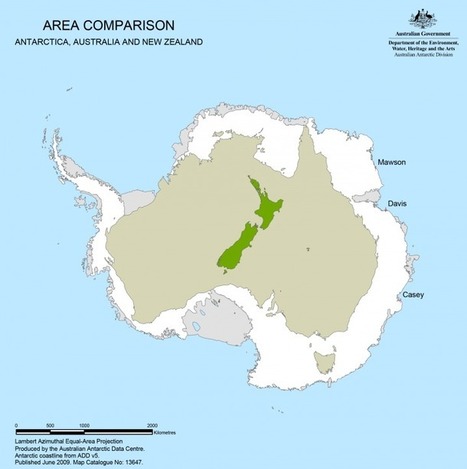



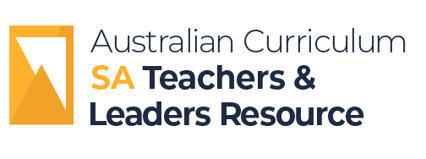
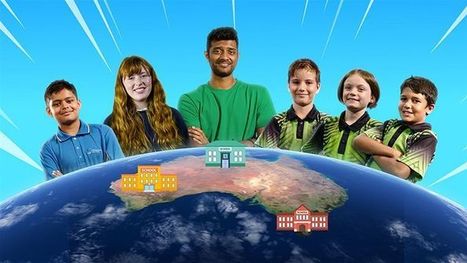
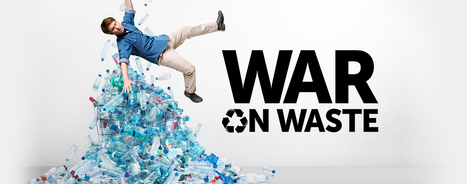
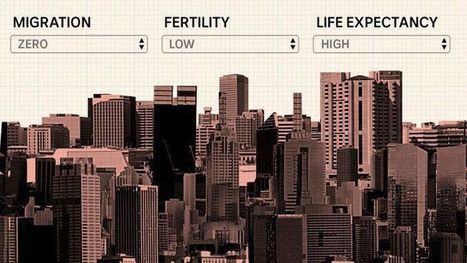
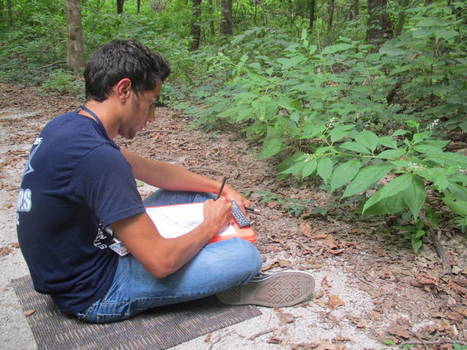

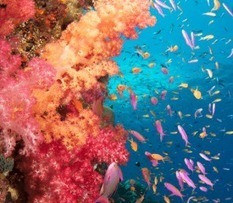
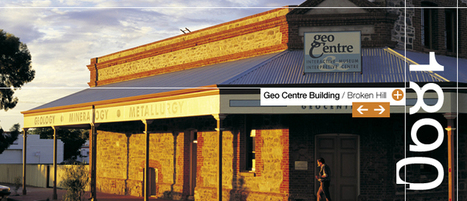
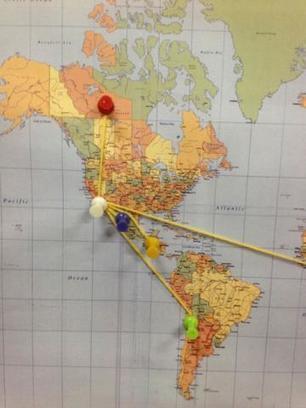






The interactive flash game by Clean up Australia provide student effective resource with visual and audio cues to enhance student learning on waste disposal and management. It provides enjoyment in learning to process information easier through multiple means of representation (CAST, 2012). And with the change in technology and methods of teaching pedagogy, interactive games such as this provides an effective cue to deliver teaching in education and provide effective learning.
A teaching idea:
Depending on the technological resources and the amount of resources available, a lesson can be conducted in a computer lab or on Ipads where students work individually or in pairs. By implementing interactive flash games it allows students to deepen and consolidate their understanding in the importance of waste disposal and its effects through visual and sound. In interactive flash games further teaches students how to manage waste disposal, but learn the effects it has on the environment.
Explain to students that
- First part of the interactive flash games is about collecting appropriate waste and observe what belongs and does not belong in our environment
- Second part is students learn for themselves to identify sorting waste in disposal bins to help our environment.
Activity:
Students return back to their classroom and present three disposal bins labelled and colour coded as follows:
Red: General Waste
Blue: Paper recycling
Yellow: Plastic and Aluminium containers
The colour of the bins provide a fun way for students to identify and learn to adopt to appropriate waste disposal behaviours and identify responsible ways to interact with their local environment.
Reference
CAST. 2012. National Center On Universal Design for Learning. At CAST. Retrieved on 10th April 2013 fromhttp://www.udlcenter.org/aboutudl/whatisudl